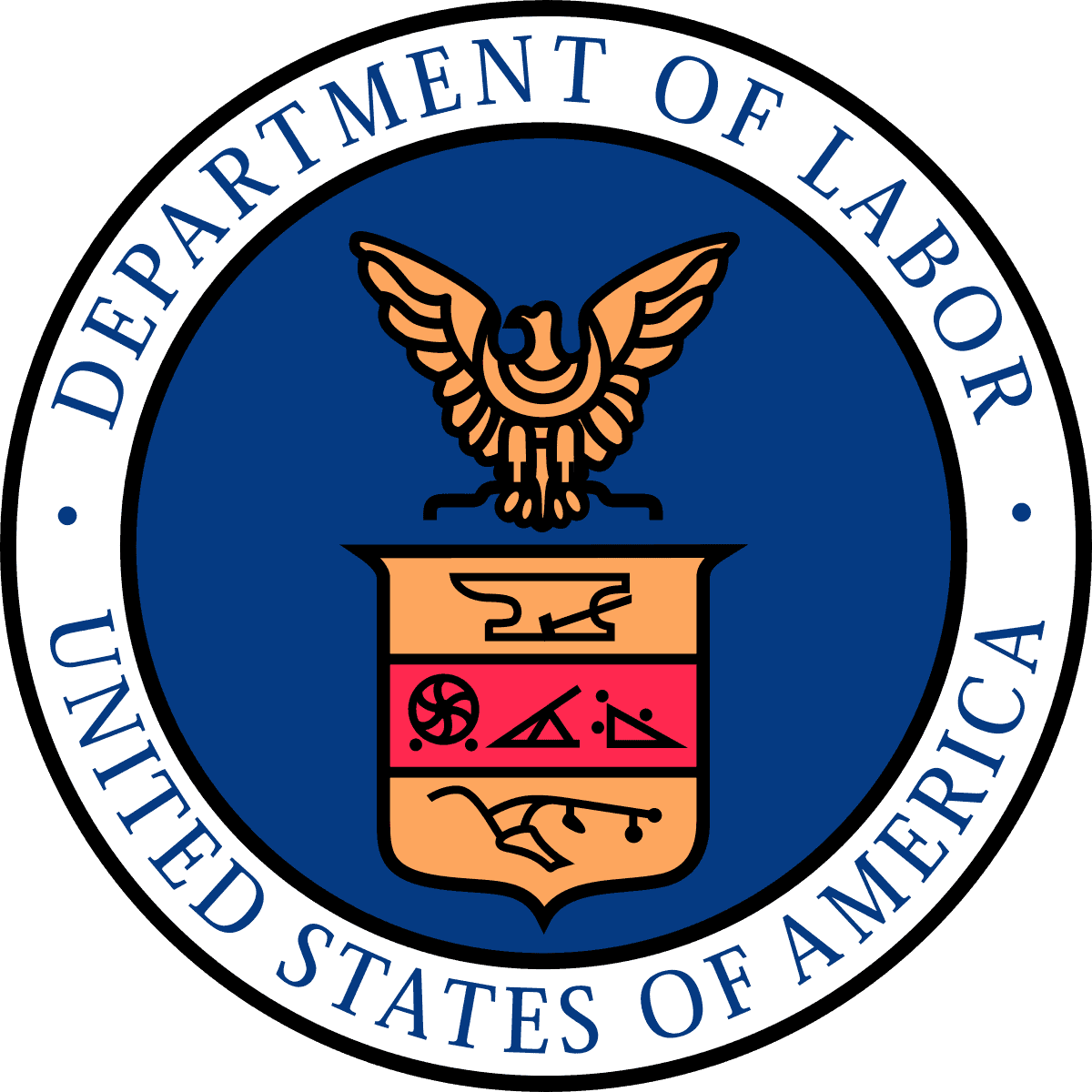Comments in Response to the Department of Labor: Office of Federal Contract Compliance Programs Proposed Rescission of Implementing Legal Requirements Regarding the Equal Opportunity Clause’s Religious Exemption

COMMENTS SUMMARY
NCLA objects to the Office of Federal Contract Compliance Programs (OFCCP) regulatory regime because Congress never authorized its creation. The Department of Labor (DOL) contends that the 1949 Procurement Act authorizes OFCCP. But that act is silent on employment discrimination. Hence, OFCCP is without power to do anything, let alone rescind rules. Even if the Procurement Act could be read so broadly as to permit OFCCP’s existence, the proposed rescission of the Final Rule is legally problematic for several reasons: (1) it lacks a nexus to economy and efficiency; (2) it incorrectly portrays the 2020 Rule as being inconsistent with precedent; and (3) it ignores the Religious Freedom Restoration Act of 1993 (RFRA).
Join the new civil liberties movement. Protect Americans from the Administrative State!
AGENCY: DOL
DOCKET ID: RIN 1250-AA09
LITIGATION COUNSEL: Kara Rollins, Sheng Li
GENERAL COUNSEL: Mark Chenoweth
SUBMISSION DATE: December 9, 2021
CASE DOCUMENTS
December 9, 2021 | Comments in Response to the Department of Labor: Office of Federal Contract Compliance Programs Proposed Rescission of Implementing Legal Requirements Regarding the Equal Opportunity Clause’s Religious Exemption
PRESS RELEASES
December 10, 2021 | NCLA Comment Challenges Both DOL’s Unconstitutional Rule Rescission and OFCCP’s Very Existence
Washington, DC (December 10, 2021) – The New Civil Liberties Alliance, a nonpartisan, nonprofit civil rights group, filed a Comment in response to the Department of Labor’s proposed rescission of a Final Rule promulgated by the prior administration that clarified the scope and application of religious exemptions so federal contractors and subcontractors could better understand their obligations.
NCLA objects to the Office of Federal Contract Compliance Programs (OFCCP) regulatory regime because Congress never authorized its creation. The Department of Labor (DOL) contends that the 1949 Procurement Act authorizes OFCCP. But that act is silent on employment discrimination. Hence, OFCCP is without power to do anything, let alone rescind rules. Even if the Procurement Act could be read so broadly as to permit OFCCP’s existence, the proposed rescission of the Final Rule is legally problematic for several reasons: (1) it lacks a nexus to economy and efficiency; (2) it incorrectly portrays the 2020 Rule as being inconsistent with precedent; and (3) it ignores the Religious Freedom Restoration Act of 1993 (RFRA).
The 2020 Final Rule’s definition for religious organizations includes faith-based companies. Rescinding the 2020 Rule would discourage faith-based businesses from competing for federal contracts. OFCCP has not addressed whether this would result in fewer religious organizations being willing to contract with the government. Such an outcome would be inconsistent with the Competition in Contracting Act’s (CICA) “full and open competition” requirement and would undermine economy and efficiency in procurement.
NCLA released the following statements:
“NCLA does not support discrimination in any way, shape, or form. And while we support efforts to root out discrimination in federal contracting processes, those efforts need to be conducted in a constitutional manner. Congress never authorized the actions OFCCP purports to take here, and the executive branch is without power to issue rules absent such authorization.”
— Kara Rollins, Litigation Counsel, NCLA
“The 2020 Rule implements the Supreme Court’s repeated pronouncements over the past decade that government regulations must yield to religious protection principles enshrined in the First Amendment and RFRA. The rescission of the 2020 Rule amounts to an unlawful effort to ignore the Court’s instructions.”
— Sheng Li, Litigation Counsel, NCLA
For more information visit the comment page here.
ABOUT NCLA
NCLA is a nonpartisan, nonprofit civil rights group founded by prominent legal scholar Philip Hamburger to protect constitutional freedoms from violations by the Administrative State. NCLA’s public-interest litigation and other pro bono advocacy strive to tame the unlawful power of state and federal agencies and to foster a new civil liberties movement that will help restore Americans’ fundamental rights.
